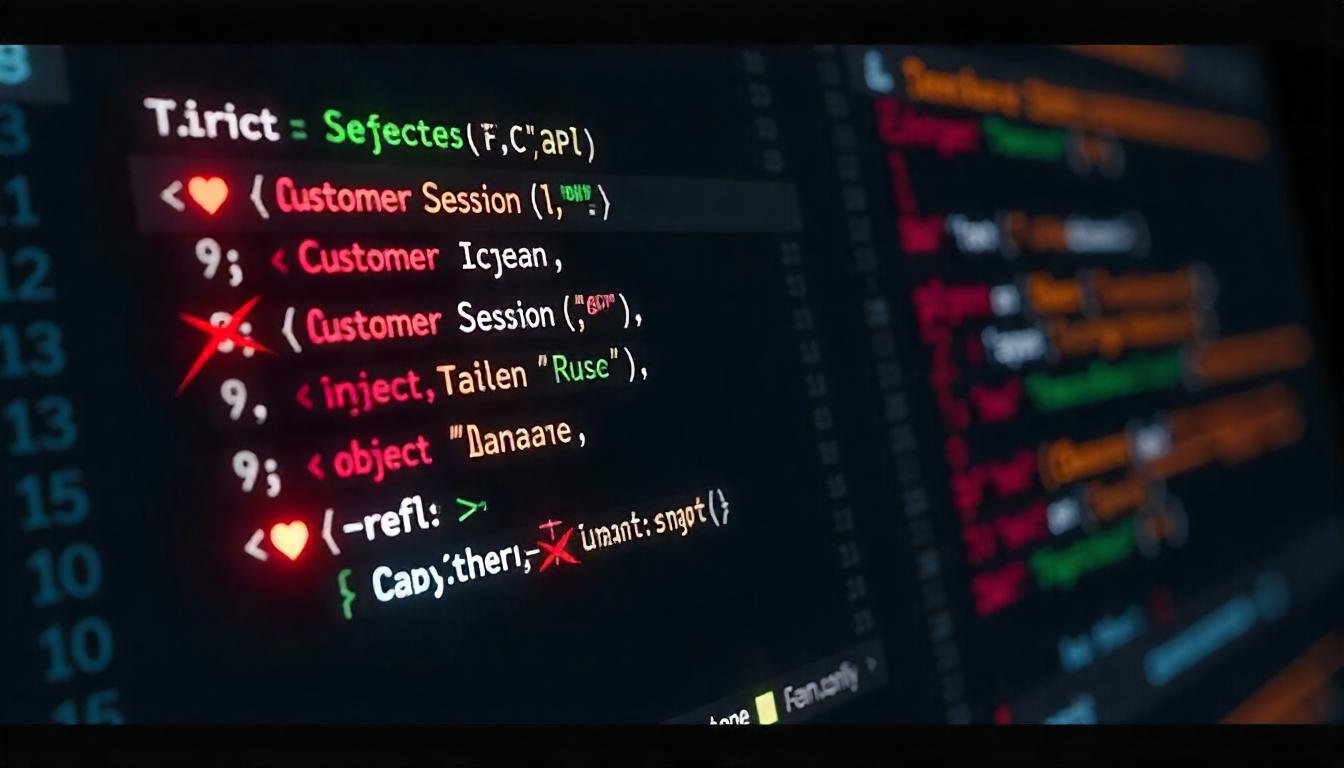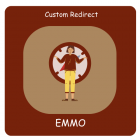Understanding Dependency Injection and Object Manager in Magento 2

Understanding Dependency Injection and Object Manager in Magento 2
Learn the fundamentals of Dependency Injection (DI) and the Object Manager in Magento 2. This guide explains how DI improves code quality, why direct use of the Object Manager is discouraged, and how to implement best practices for cleaner, testable, and more maintainable Magento code.
Table Of Content
Understanding Dependency Injection and Object Manager in Magento 2
In Magento 2, dependency injection (DI) is the preferred method for managing class dependencies. It allows for better modularity, testability, and maintainability of code. The Object Manager is the underlying mechanism that Magento uses to implement DI, but it should not be called directly in your code.
What Is Dependency Injection?
Dependency injection is a design pattern where an object receives its dependencies from an external source rather than creating them itself. In Magento 2, this is typically done through constructor injection, where dependencies are passed as parameters to a class's constructor.
Example:
<?php
use Magento\Customer\Model\Session;
class ExampleClass
{
private $session;
public function __construct(Session $session)
{
$this->session = $session;
}
}
// Usage example (outside class, optional):
// $example = new ExampleClass($session);
// You may need dependency injection in di.xml for full use
// inside Magento 2 framework context.
// Make sure Magento\Framework\App\ObjectManager is avoided
// if you're aiming for best practice.
In this example, the Session object is injected into ExampleClass via the constructor. Magento's DI system automatically provides the required dependencies when the class is instantiated.
Why Avoid Direct Use of Object Manager?
While the Object Manager is responsible for creating and managing objects in Magento 2, directly calling it in your code is discouraged. Direct use can lead to hidden dependencies, making the code harder to test and maintain. It also bypasses the benefits provided by the DI system, such as automatic dependency resolution and better code modularity.
Benefits of Using Dependency Injection
- Improved Testability: Dependencies can be easily mocked or replaced during testing.
- Better Maintainability: Clear visibility of class dependencies through constructor parameters.
- Enhanced Modularity: Classes are loosely coupled, making it easier to manage and scale the application.
Handling Complex Dependencies
Some classes in Magento have constructors with many dependencies, which can make manual instantiation cumbersome. For example, the Magento\Customer\Model\Session class requires multiple dependencies. Using DI, Magento handles the instantiation of these complex objects, injecting all necessary dependencies automatically.
Dependency Injection in PHP 7 vs. PHP 8
PHP 8 introduced constructor property promotion, simplifying the syntax for defining class properties and their initialization.
PHP 7:
class ExampleClass
{
private $session;
public function __construct(Session $session)
{
$this->session = $session;
}
}
PHP 8:
class ExampleClass
public function __construct(private Session $session)
{
}
}
The PHP 8 syntax reduces boilerplate code, making class definitions more concise.
Best Practices
- Use Constructor Injection: Always prefer constructor injection for mandatory dependencies.
- Avoid Direct Object Manager Calls: Do not use
\Magento\Framework\App\ObjectManager::getInstance() in your code. - Use Factories for Optional Dependencies: For optional or dynamic dependencies, use factories or proxies.
- Define Preferences in di.xml: Use the di.xml file to map interfaces to their implementations, allowing for easy customization and extension.
Summary Table
| Aspect | Dependency Injection (DI) | Direct Object Manager Use |
|---|---|---|
| Testability | High | Low |
| Code Maintainability | High | Low |
| Visibility of Dependencies | Clear | Hidden |
| Adherence to Magento Standards | Yes | No |
| Flexibility | High | Low |
By adhering to Magento's recommended practices and utilizing dependency injection, you ensure that your codebase remains clean, maintainable, and scalable.
Tip
To enhance your eCommerce store’s performance with Magento, focus on optimizing site speed by utilizing Emmo themes and extensions. These tools are designed for efficiency, ensuring your website loads quickly and provides a smooth user experience. Start leveraging Emmo's powerful solutions today to boost customer satisfaction and drive sales!
FAQs
What is dependency injection in Magento 2?
Dependency injection is a design pattern where objects receive their dependencies from an external source, rather than creating them internally. Magento 2 uses constructor injection to automatically provide these dependencies.
Why is dependency injection preferred over using the Object Manager directly?
Using dependency injection improves testability, maintainability, and modularity. Directly using the Object Manager hides dependencies and goes against Magento's best practices.
What is the Object Manager in Magento 2?
The Object Manager is Magento’s core service that handles object instantiation and dependency resolution. It’s the backbone of the DI system, but should not be used directly in custom code.
How do I inject a dependency in a custom class?
You can inject a dependency via the class constructor by adding it as a parameter and assigning it to a class property. Magento automatically injects the required object.
Can I still use the Object Manager if I need a dynamic object?
In rare cases like dynamic instantiation, you should use factories or proxies instead of the Object Manager directly. These still follow Magento’s DI principles.
What are the benefits of dependency injection?
Dependency injection enhances testability, modularity, and maintainability. It ensures class dependencies are explicit and reduces tight coupling between components.
How is dependency injection configured in Magento 2?
DI is configured using XML files like di.xml, where you define preferences, virtual types, and plugins. Magento uses this configuration to resolve dependencies automatically.
What happens if I use Object Manager directly?
Using the Object Manager directly results in hidden dependencies, reduced testability, and violates Magento coding standards. It can lead to unstable and hard-to-maintain code.
What’s the difference between DI in PHP 7 and PHP 8?
PHP 8 supports constructor property promotion, which reduces boilerplate code by combining constructor arguments and property declarations into a single line.
Where can I learn more about dependency injection in Magento 2?
You can refer to the official Magento 2 developer documentation and community resources for in-depth examples and best practices around dependency injection.









